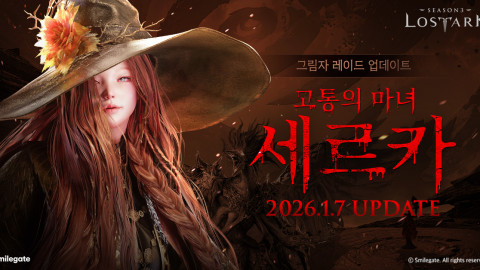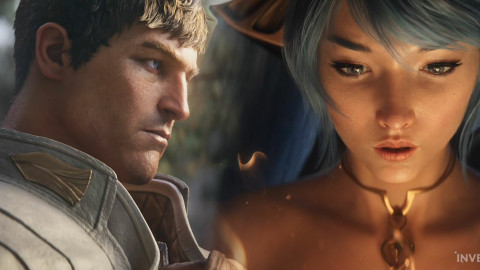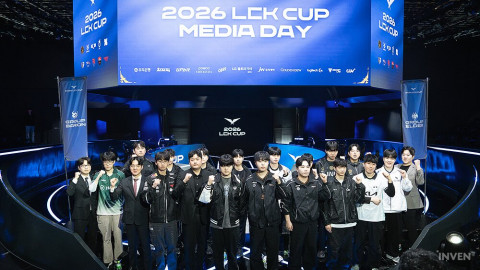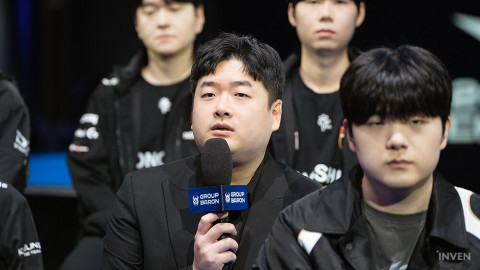
The NFT space is evolving fast and one of the newest concepts is that of “mutable” tokens that can be updated with different attributes and capabilities over time.
The majority of people who’ve been active in the NFT space will likely have only ever come across immutable NFTs, which are static and cannot be changed in any way. It makes sense after all because most of the early NFTs were simply tokens recognizing ownership of some kind of digital artwork. NFTs such as the Bored Ape Yacht Club has little functionality and therefore no need to change in any way. Hence an immutable design is best.
When we say immutable, we’re not talking about the image the NFT represents. Indeed, thousands of immutable NFTs have been minted that represent videos and animated images such as GIFs, and others have unlockable elements and other complexities.
What cannot be changed about immutable NFTs is their underlying data. That’s because they possess permanently unchangeable traits that are recorded on the blockchain and can never be altered.
The new breed of mutable NFTs on the other hand comes with data and traits that can change over time via outside interference. Such NFTs have a lot of potential for industries such as real estate, gaming, and more.
To give an example of a mutable NFT, imagine an old-fashioned baseball trading card. The details on that card are entirely static, representing the player’s stats for the particular season it was issued for. In other words, that baseball trading card is immutable. A hypothetical mutable trading card on the other hand would be able to update its stats on the fly, from one game to the next, tracking the player’s entire career.
This opens up a world of possibilities and explains why mutable NFTs are likely to be the next step in the evolution of space. With mutable NFTs, unique items will be able to evolve over time, and even decay. It’s a more realistic representation of the ephemeral nature of the real world we live in and has the potential of adding exceptional value to certain tokens based on their current state.
Mutable NFTs & P2E Games
Perhaps the most exciting potential use case for mutable NFTs is in the emerging world of play-to-earn games, which are video games built on the blockchain that allows players to compete and win real-world prizes in the form of NFTs and cryptocurrency.
Most P2E games require players to purchase an NFT that represents their game character before they can start playing the game. Some games also use NFTs to represent items, such as weapons or vehicles, that players can use during games.
The vast majority of NFTs in P2E games are, in fact, already mutable tokens. However, MixMob claims to be one of the first P2E games to incorporate the benefits of mutable NFTs into its core game loop.
MixMob is a P2E game that takes place in a colorful, fantasy-style metaverse that’s home to a futuristic world where a mysterious artificial intelligence has taken control of humanity and deleted the world’s culture. Humans have been enslaved by an army of bots, and AI has used a strange energy field to wipe away most people’s memories. However, some people have escaped into the Subdomains to hide from the AI, where they have begun to regroup and fight back to rechain humanity’s culture.
To play MixMob, players must first acquire a “Mask”, which is a mutable NFT that’s able to evolve as the player progresses through the game. Each of the Masks is anonymous yet accountable, made from more than 200 unique components including sketches, stickers, candy, pop culture, music, science, and art.
MixMob Masks are mutable so players can be rewarded for winning races, battles, and making progress in the game. Through those rewards, players can obtain new attributes for their Mask that make their character stronger and more unique. Other features include being able to customize and create unique NFT-based props and MixBots, which are similar to pets and essential for playing the game. All MixMob NFTs can be sold via the game’s built-in marketplace or third-party marketplaces.
The key thing here is that mutable NFTs allow players to evolve and grow their characters over time, making them stronger and more valuable as the game progresses. This simply isn’t possible with standard, immutable NFTs.
The concept can be applied to almost any P2E game where players have the ability to upgrade their characters and in-game items, and could even be evolved so that NFTs degrade over time, for example, if a player stops playing the game. Doing this would encourage players not to lose interest in the game, or motivate them to sell the NFT sooner if they no longer wish to play.
While mutable P2E NFTs will be able to change based on what happens as a result of the gameplay, other kinds of mutable NFTs can be altered by what is known as “oracles”, or third-party data feeds, that connect blockchains to what’s happening in the real world.
This enables further possibilities, such as a P2E soccer game where the weather conditions on the pitch reflect those in the real world. So if it’s raining in London, any match taking place at Wembley Stadium would also experience rainy conditions, for example. The use of oracles is key because they will allow for mutable NFTs to be updated in a decentralized manner, without any input from humans.
Unlimited Possibilities For Mutable NFTs
Besides P2E games, mutable NFTs have the potential to impact almost any space where NFTs are already used. One idea might be a kind of NFT guestbook, where only the owner of the NFT is able to write a message inside. Once the NFT is sold, access control rights will be given to the buyer, ensuring only the current owner can create the message inside.
Another possibility might be in real estate. Mutable NFTs could be used to convey timeshare rights to certain people for a specified duration, like between July 20 and August 20, for example. After that date, the timeshare rights switch to another individual.
While the main draw of NFTs in the first place was the permanency of being able to store data on an immutable blockchain, that’s no longer the case. As NFTs evolve into industries where interactivity is an essential element, such as gaming, tokens that can adapt over time will lead to endless new possibilities.
Inven Global does not endorse or support any NFT listed in this article.
-
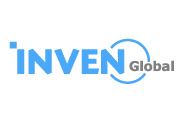 Guest Reporter
Guest Reporter
Sort by:
Comments :0


